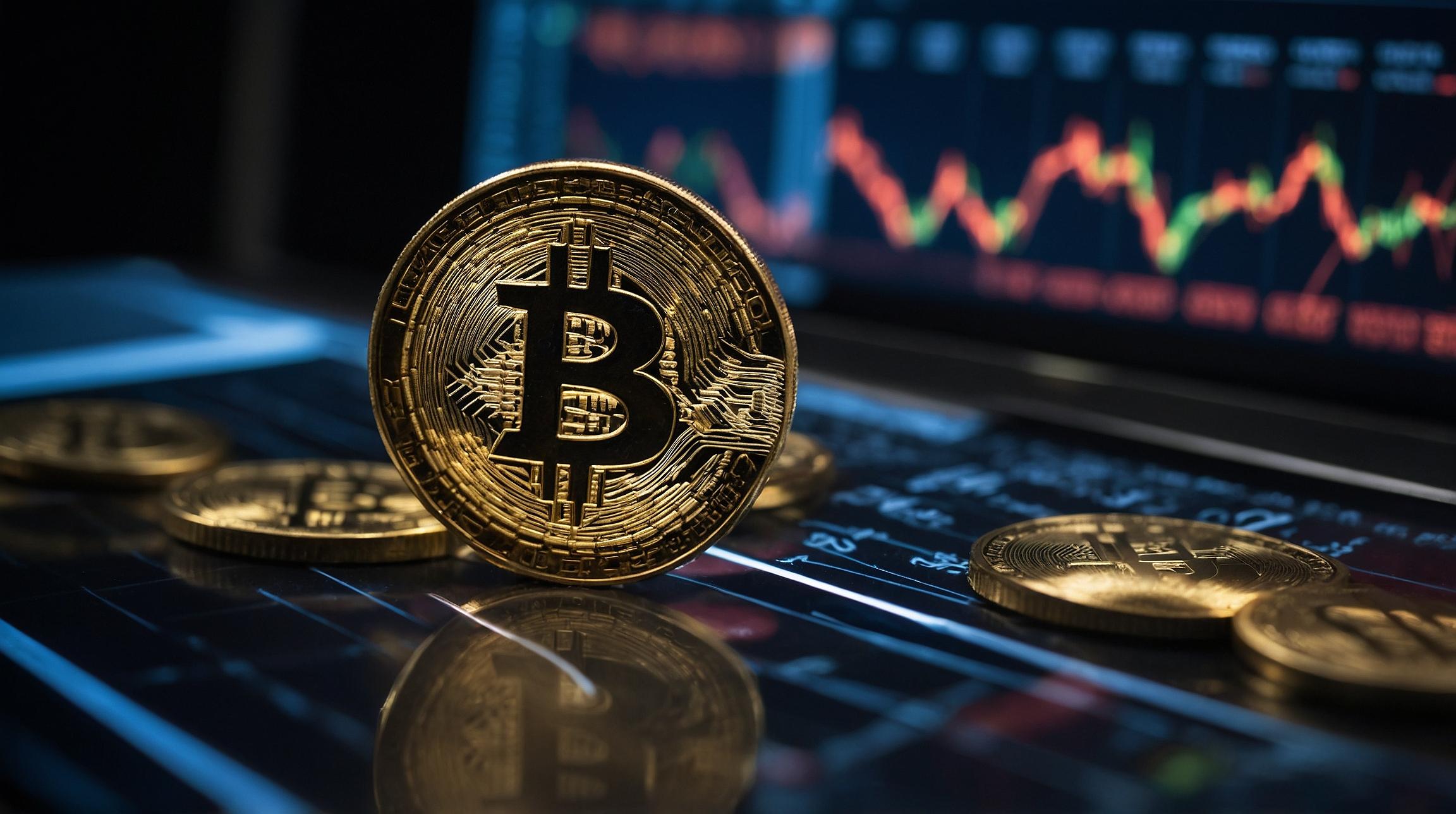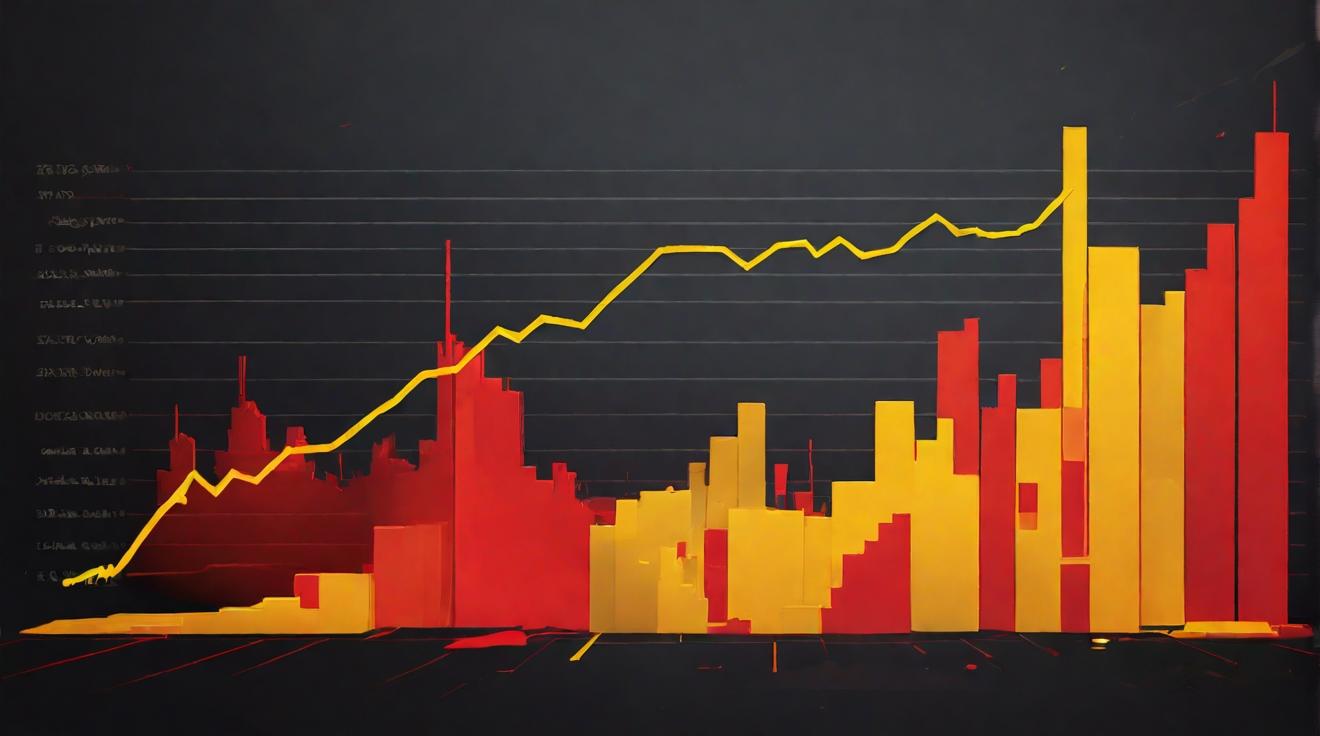Americans Face Financial Strain as Inflation Eats into Savings and Increases Debt
Amid current economic uncertainties, high inflation remains a grave concern for American households. With the cost of living on a relentless rise, people are witnessing a significant impact on their ability to prepare for a stable financial future. Inflation has not only slowed down but has also begun to shape a chronic crisis that continues to encroach upon the everyday financial decisions of millions across the U.S.
Recent findings have illuminated a troubling scenario: To cope with the rising cost of living, many are draining their retirement savings, accruing additional credit card debt, and dialing back on their future savings contributions. Approximately seven in ten respondents admitted that the surge in prices for everyday goods has forced them to cut back on saving, while over half are accumulating more debt to manage necessary expenses.
A significant 42% of households find themselves compelled to tap into their retirement funds to make ends meet, signaling a red flag for long-term financial stability. Kelly LaVigne, Vice President of Consumer Insights at Allianz Life, reiterated the gravity of the situation, highlighting how the escalating cost of living is pushing American budgets to their limits.
LaVigne suggests, “In the short term, it may be wise to delay any major purchases to keep saving toward your future and avoid taking on new debt.”
This analysis emerges as Americans grapple with persistent high inflation, which has sharply decreased their purchasing power and imposed considerable financial pressure on most households. The heavier toll is often borne by low-income families, for whom every spike in prices means an even tighter financial squeeze.
The surge in credit card debt, hitting record highs by the end of December, underscores the reliance on borrowed money to cover basic needs. However, the forecast from many Americans remains gloomy, with about 68% expecting inflation to worsen over the next year despite a current mixed sentiment on the inflation trajectory.
“Inflation isn’t going anywhere – over time the cost of living always goes up – it’s just a matter of how much and how fast,” said LaVigne, challenging the notion that there might be a swift resolution to the inflationary pressures.
The ongoing scenario begs a pressing question about financial resilience and the ability of households to weather an environment where expenses consistently outpace income growth. As Americans navigate this tumultuous landscape, the ripple effects of chronic inflation are unmistakably altering the course of financial planning and stability, laying bare the challenges of securing a sound financial future amidst uncertainties.
Analyst comment
Negative news.
As an analyst, the market will likely experience decreased consumer spending and reduced investment as Americans face financial strain from inflation. This could lead to slower economic growth and potential market instability.













